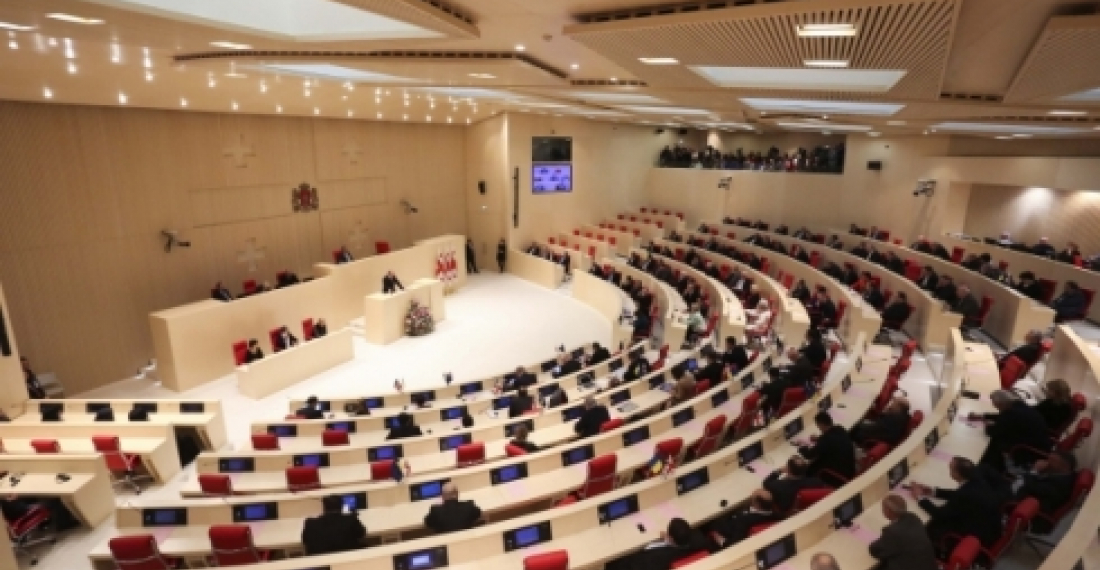The Georgian Parliament has adopted a number of important changes to legislation governing elections that are expected to strengthen the electoral process.The first bill which has now been approved in its third reading by the parliament, forbids the opening of special polling stations at the Ministry of Defense, the Ministry of Internal Affairs, the Ministry of Correctional Facilities, the State Security Service and the Intelligence Service.
This addresses a major concern about Georgian elections in past. Closed polling stations, especially in military establishments often resulted in coercion by senior officers on the way soldiers voted. There were often accusations that voting was not secret. The elimination of these polling stations is expected to be welcomed by international observers.
The changes to the electoral code also regulate the opening of special polling stations in exceptional circumstances in places such as penitentiary institutions, homes for the elderly and hospitals.
In further changes to the electoral code, the Parliament approved a proposal by the Committee for Legal Affairs that extended the possibility of free television advertising to a wider number of political parties than had been envisaged so far.
source: commonspace.eu
image: The Parliament of Georgia






